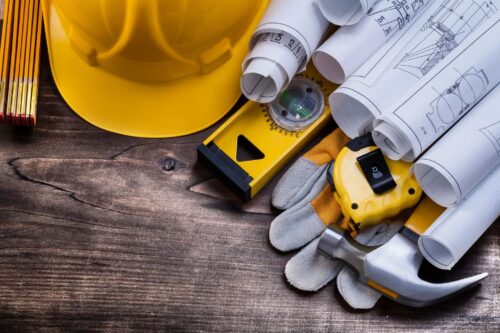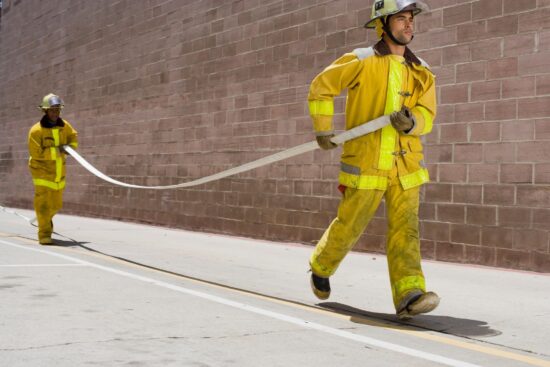Smoke and heat alarms can be found everywhere since these are considered one of the first line of defense in the event of fire. When it comes to detectors and alarms, there can be so many options when you’re a building manager or owner. Do you have smoke detectors and/or heat detectors in your property? Do you know how they differ from one another? More importantly, how do you know which one is the best option for keeping your property, and its occupants, safe from fires?
That’s why we’re guiding you through some vital points regarding smoke detectors, heat detectors and smoke alarms.
The most important point to understand is the difference between the various options of detectors and alarms.
What’s the difference?
Simply put, the main difference between heat detectors, smoke detectors and smoke alarms are:
Before you can decide which option is best, it’s prudent to examine the most ideal scenarios for using each equipment.
Can smoke and heat detectors be used interchangeably?
When fire is involved, every second counts. According to Fire and Rescue NSW, it can take as little as three minutes for a fire to take hold and takes only two quick breaths of thick, black smoke to render someone unconscious. So, smoke can be even more dangerous than the flames.
An advantage that smoke detectors have over heat detectors has to do with certain types of fires. Some types of fires burn with very little flames or what can be described as smouldering. This type of fire generates a lot of smoke and other dangerous gases such as carbon monoxide. Since these fires produce very little heat, a heat detector may not pick up on the danger in time to warn building occupants.
One challenge with smoke detectors however is that these can sometimes be prone to picking up other airborne contaminants other than smoke – causing false alarms. This is why some may choose heat detectors over smoke detectors since they are not as vulnerable to airborne substances as smoke detectors. It’s a crucial choice particularly if your detectors are linked to the fire indicator panel since false alarms can be very costly in these situations.
Heat and smoke detectors can also be used to trigger fire sprinklers or other types of fire suppression systems.
In a nutshell, smoke detectors are as important if your main aim is to alert occupants during the early stages of a fire. On the other hand, heat detectors are best suited if an early alarm is not required, or if the environment would lead to repeated false alarms from smoke detectors. Since different properties have different needs, it’s important that you discuss with your fire safety provider what option is best.
What should you look out for?
Australian Standard 1851 section 6 sets out that fire indicator panel which monitors connected fire alarm systems (including smoke and heat alarms) must be inspected monthly. In addition, an annual inspection and test of smoke and heat detectors is required. It’s a vital check to ensure that these equipment are in good working condition.
Knowing the differences and best environments to use the various smoke and thermal detectors is one way building managers and owners can make life-saving decisions when it comes to fire safety. Don’t be overwhelmed with the options, speak to your fire safety provider so you can make the best choice.
Need help with your property’s fire detection and alarm systems? Talk to Global Fire. Our team are always available to help you with any fire safety concerns. Plus, our clients enjoy 24/7 emergency service should an issue occur after hours. Call us on 1300 88 70 18 or email inquiries@globalfire.com.au.






